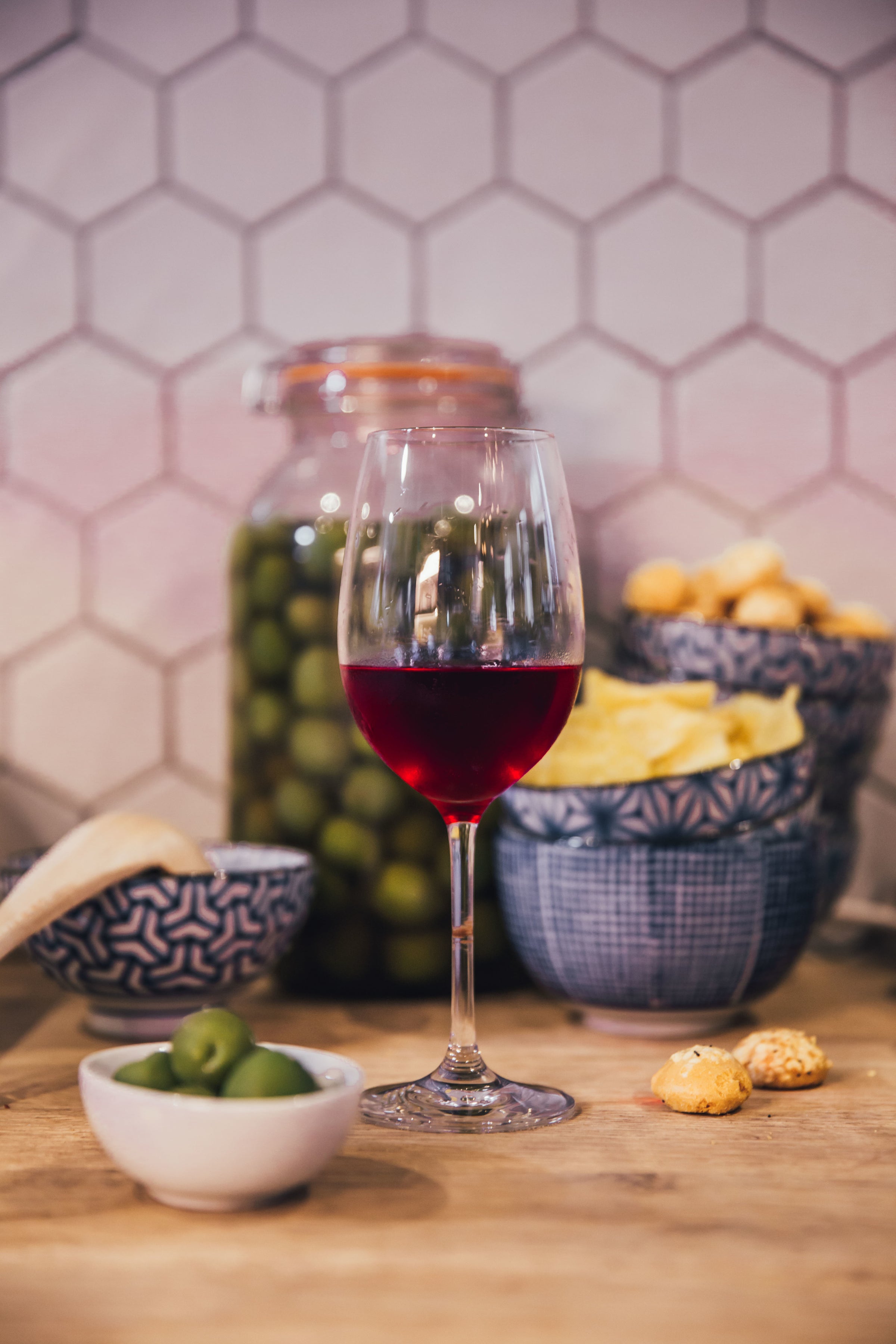
If you suffer from allergic reaction to sulphites in wines: Symptoms, blocked nose, flushed, skin rash. These wines may help you.
Firstly with being organic there are no additives. Using natural yeast and sulphates means there a <30mg/litre of natural sulphites, which occur naturally as part of the fermentation process - much reducing or removing allergic tendencies for the consumer.
Biodynamic refers to the style of organic cropping. Known to noticeably increase the flavour of the produce, these produce surprising and easy to drink flavoursome wines.
All classified certified as DEMETER, Vegan and biodynamic, certification attached to each wine.
All our Biodynamic wines come from the Cantina Orsogna collective.
A Taste of Italy for boutique Italian products.















